Have you ever wanted to adopt a chimpanzee as a pet? Did you know some Americans actually do keep chimps at home? HBO’s new docuseries Chimp Crazy takes viewers into this unusual world through the story of Tonia Haddix.
Tonia runs a chimpanzee sanctuary in Missouri, where she cares deeply for the primates in her care. She sees them more as family than as animals. But her exceptionally close bond with a former movie star chimp named Tonka raises questions about proper treatment and living conditions. That’s when the animal rights group PETA gets involved, and a battle ensues.
Directed by Eric Goode, the same filmmaker behind the wildly popular Netflix show Tiger King, Chimp Crazy aims to explore the issues around private chimp ownership. It follows Tonia’s unusual lifestyle and her legal fight against PETA over the fate of her chimpanzees. Along the way, we meet some truly eccentric characters and learn just how intelligent and potentially dangerous these apes can be when kept as household pets.
So join Tonia, PETA lawyers, and an array of other colorful figures as Chimp Crazy examines the complex relationship between humans and chimpanzees. With its blend of intimate access, legal drama, and inherent animal welfare concerns, the series promises to both entertain and thoughtfully engage viewers on this controversial topic.
Meet the unforgettable characters of Chimp Crazy
If Tiger King introduced us to a cast of outlandish figures, Chimp Crazy one-ups it with a new batch of unique personalities. At the center of it all is Tonia Haddix, a woman whose love of chimpanzees is truly like nothing else. Between her big blonde hair, excessive cosmetic procedures, and never-ending wardrobe of pink, Tonia fully embraces her self-proclaimed title as the “Dolly Parton of chimps.” She sees the primates in her care more as family than animals, even claiming her connection with Tonka is deeper than relationships with her own children.
Then there’s Alan Cumming, whose early involvement in a chimpanzee-starring film unexpectedly set the whole legal battle in motion. Driven by concern for the animal actors after losing touch, Cumming spearheads PETA’s rescue efforts despite worry that some may see him as hypocritical. His fond recollections of Tonka on set make their separation all the more tragic.
On the other side, PETA dispatches a pair of lawyers to tackle the case. Always dressed professionally and speaking in measured tones, they promote the logical viewpoint that chimpanzees deserve specialized sanctuary care instead of living as makeshift family pets. But their passion, while admirable, comes across as a bit detached and clinical at times.
Together, these three eccentric characters find themselves embroiled in a chimpanzee custody clash that examines serious issues through an undeniably strange lens. As audacious as the subjects are, they end up feeling genuinely human, for better or worse. Chimp Crazy proves you don’t have to lose your individuality to care deeply for others, be they human or otherwise.
Legal Battles and Twisting Turns
At the center of Chimp Crazy is the ongoing conflict between Tonia Haddix and the animal rights group PETA. Haddix acts as the primary caretaker for the chimpanzees housed at the Missouri Primate Foundation, caring deeply for their wellbeing but perhaps not fully grasping their complex needs. PETA questions whether confinement at the facility truly suits such intelligent creatures.
When volunteer Angela Scott voices concerns over the chimps’ cramped enclosures and daily treatment, PETA gets involved. They filed a lawsuit, hoping to relocate the chimpanzees to an accredited sanctuary. A legal battle ensues as Haddix fights to keep her cherished animals where they are.
The judge ultimately sides with PETA, agreeing the chimps’ welfare would be best served elsewhere. But complications arise on moving day when it’s discovered one chimp is unaccounted for: Tonka, Haddix’s longtime companion. She claims the beloved primate recently passed, though doubts will soon emerge.
From here, the story takes many intriguing turns. Unexpected figures like actor Alan Cumming play rotating roles, drawn in by his own past with one chimp in particular. Goode skillfully unveils new details that alternately shed light or deepen mystery around Haddix’s operation.
Just when it seems the saga may conclude, another piece of the puzzle falls into place. Haddix remains defiant as more is called into question. Looming throughout is the sobering issue at its core: where does one draw the line when two species’ best interests collide? Chimp Crazy leaves audiences pondering this complex debate long after the final scene.
Navigating Tricky Territory
One fascinating aspect of Chimp Crazy is the direct light it sheds on documentary filmmaking. Director Eric Goode finds himself in an ethically tricky spot due to his work on Tiger King, leaving exotic animal owners wary. To gain intimate access, he hires Dwayne Cunningham as a “proxy director” to establish trust.
This strategy gets Goode unprecedented permission. But it understandably raises questions too. Is it right for a documentary to be built on a lie? The series doesn’t shy away from this murky issue. Goode openly acknowledges the proxy, which means scrutiny of how the film shapes its story and characters.
It’s an intriguing look at the boundary between observation and intervention. There’s no clear answer, but the debate feels important. When do documentarians cross a line into activism? Should filmmakers consider subject safety above all else, even if it requires breaking trust?
The proxy shows Goode finely balancing intimacy with accountability. Viewers experience the perspectives of all involved, then mull the moral maze for themselves. Chimp Crazy demonstrates how nonfiction can thoughtfully probe both its subjects and its own creation. Even if it doesn’t settle debates, honoring complexities seems like worthy work for a genre tasked with illuminating true lives.
Complex Connections
Chimp Crazy explores numerous profound themes about how we view other species. At the heart are human-animal relationships and the tendency toward anthropomorphism.
Tonia deeply anthropomorphizes her chimps, seeing them as quasi-human “children.” She’s not alone; many private owners struggle to separate chimpanzee psychology from our own. But these are wild animals imprinted with primal instincts, not little people.
The documentary hints at why this perspective emerges. Facing abandonment fears, some seek the unconditional love they feel animals provide. But primates have minds of their own, not human emotions. Assigning human traits leaves owners woefully unprepared for the reality.
Goode spotlights the issues of private chimpanzee ownership through impactful examples. We meet “humanzees” kept as pets, only to erupt in violence due to neglect and improper care. The attacks showcase why these powerful primates don’t belong in homes.
Meanwhile, PETA and advocates argue most owners are unequipped long-term. Sanctuaries by experts aim to fulfill chimp needs through large social groups in more natural settings. But private interests see dollar signs and continue breeding operations regardless of welfare.
The documentary probes this clash over what’s best for chimpanzees. Private owners feel connection; activists see the need for specialized care. There are good intentions on both sides, yet only one perspective considers chimpanzee nature above human wants.
By examining Tonia and other owners with empathy, Goode creates a starting point for discussion. But he ultimately suggests emotion can’t justify putting chimpanzees or people in harm’s way. Complex connections deserve consideration, but some relationships may be best left to skilled sanctuaries and not our homes.
Intimate Access, Engaging Storytelling
Chimp Crazy gained fascinating access into its subjects’ worlds, for better and worse. Director Goode secured intimate scenes through proxy Dwayne, allowing moments that feel deeply private at times. While this proximity provides valuable insights, the line between documentation and voyeurism feels thinly veiled.
Yet for all the ethical debates inspired, the storytelling remains gripping. An eccentric cast of characters drives the narrative in colorful ways. Tonia emerges as the vivacious lead, passionate in her chimpanzee love yet undeniably complicated. Her rituals, like cosmetic procedures caught fully on display, are cringeworthy yet hard to tear eyes from.
Around Tonia revolves a diverse supporting group. PETA lawyers prove zealous where Tonia sees obstruction. Son Justin portrays a familial struggle with understanding. Dwayne acts as a voyeur and confidant. Each adds richness while advancing interwoven threads towards an engaging conclusion.
Across four dense episodes, production pulls viewers deep into this unique world. Sharp editing moves events at a binge-worthy pace. Cinematography embraces both beauty and darkness, from joyous chimp scenes to grim incidents recounted. Score and sound design amplify emotion.
Though it raises questions about its own methods, Chimp Crazy succeeds in transporting audiences. Complex issues around animal ownership are immersed through dynamic characters and a gracefully paced narrative. Even where viewpoints differ, all can appreciate the compelling experience of this unusual yet impactful documentary series.
Perspective and Peril
For viewers passionate about animal welfare or fascinated by unique personalities, Chimp Crazy makes for engrossing viewing. Across four tightly edited episodes, director Goode illuminates the complex issues around private chimp ownership while following the legal battle between Tonia Haddix and PETA.
Through Haddix and other “chimp moms,” the series explores the strong emotional bonds many develop with such intelligent creatures. Yet it also chronicles the very real peril such relationships can pose, not only recounting traumatic chimp attacks but also visiting facilities like Haddix’s revealing neglectful conditions. Goode presents both sides without judgment, leaving space for perspective.
PETA advocates argue persuasively for moving the chimps to dedicated sanctuaries, which Haddix struggles to see. Her story, by turns entertaining and heartbreaking, drives this compelling tale forward. Surrounding characters, like proxy director Dwayne and actor Alan Cumming, further enrich the narrative.
Ultimately, Chimp Crazy stirringly illuminates how even good intentions can have unforeseen consequences with unpredictable animals. While raising complex questions, it engages fully in its brief yet absorbing run. For those curious about its issues or captivated by its vivid figures, this documentary proves well worth the investment.
The Review
Chimp Crazy
In conclusion, Chimp Crazy offers a profound yet accessible exploration of the ethical dimensions of private chimpanzee ownership. Director Goode deftly balances empathy for the “chimp moms” with evidence for sanctuaries, crafting a gripping character-driven saga that illuminates its issues in an even-handed way. While not without flaws, the series as a whole leverages compelling stars and a tight narrative to immerse viewers in a unique world. For those curious about animal welfare or drawn to unconventional non-fiction stories, Chimp Crazy proves well worth watching.
PROS
- Compelling characters like Tonia drive a captivating story
- Even-handed presentation of the issues around private chimp ownership
- Insightful exploration of the complex relationships between animals and humans
- Immersive four-episode format that deeply examines its subjects
CONS
- Some ethical questions around the filmmakers' methods of obtaining access
- Occasional sensationalism in the presentation of its subjects
- A focus on dramatic legal battles may overshadow the animals' welfare for some
- Viewpoints could have been given deeper context at times
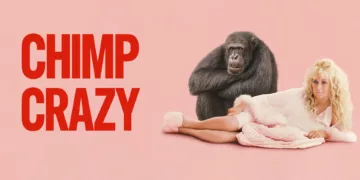






































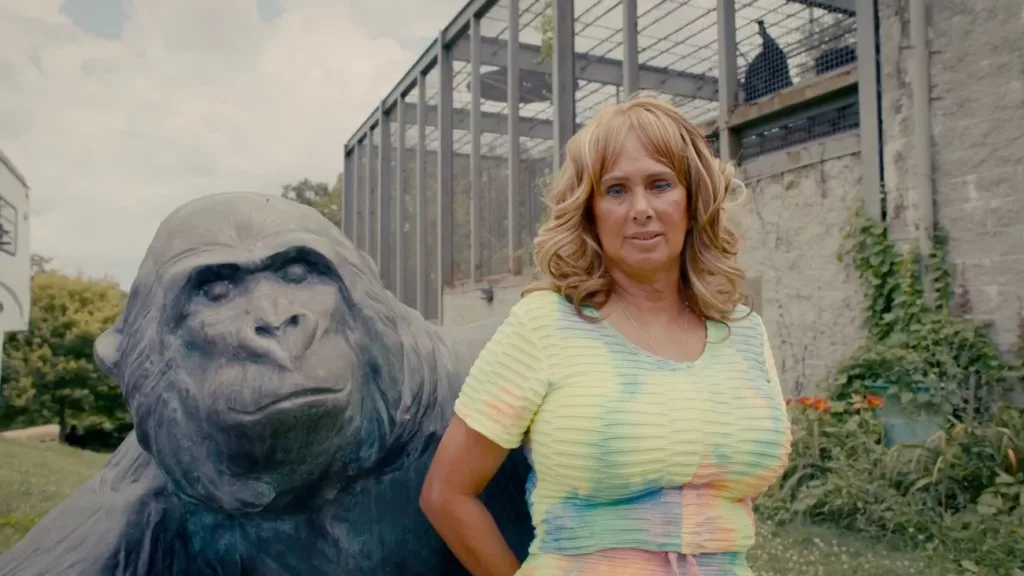
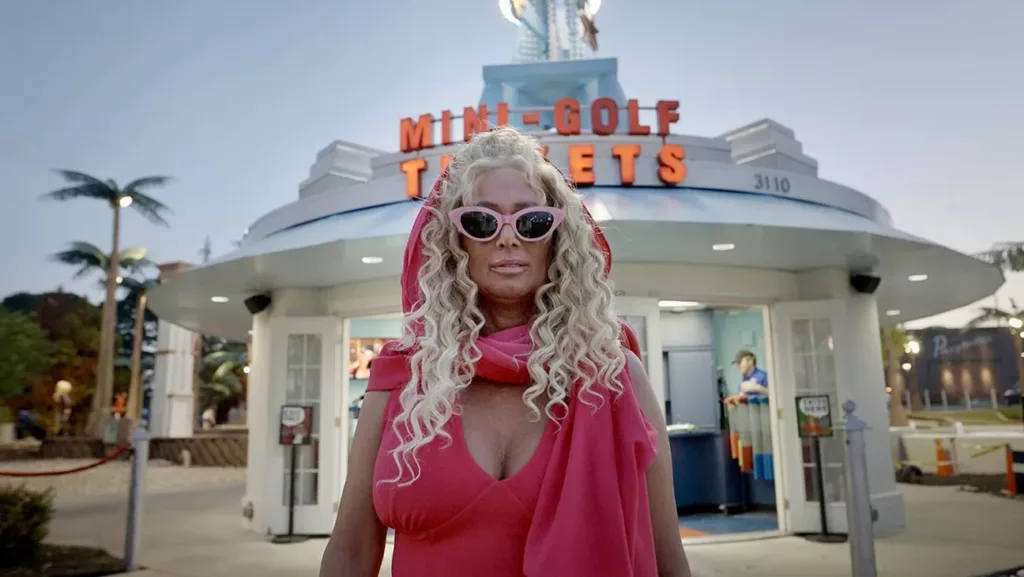
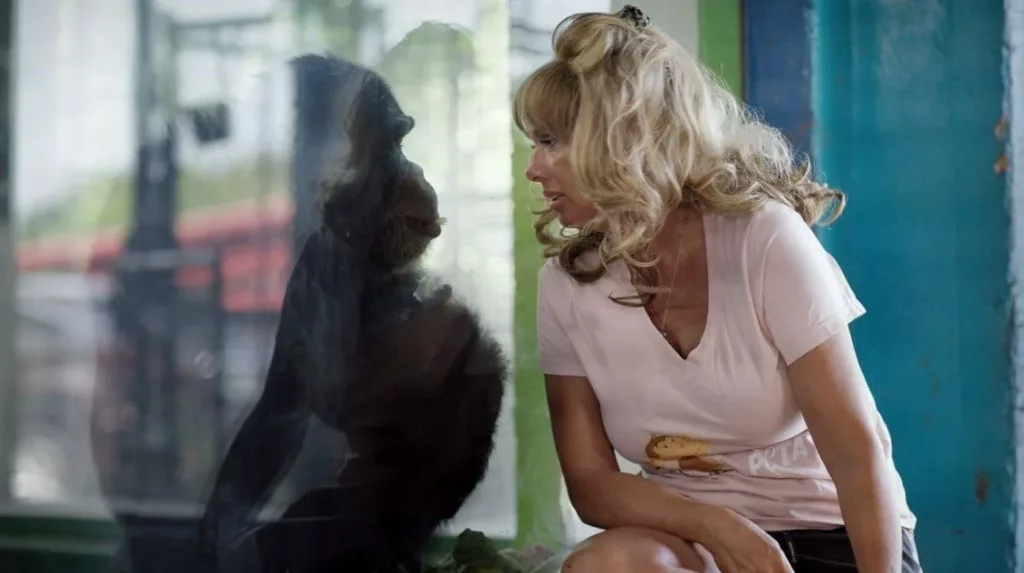
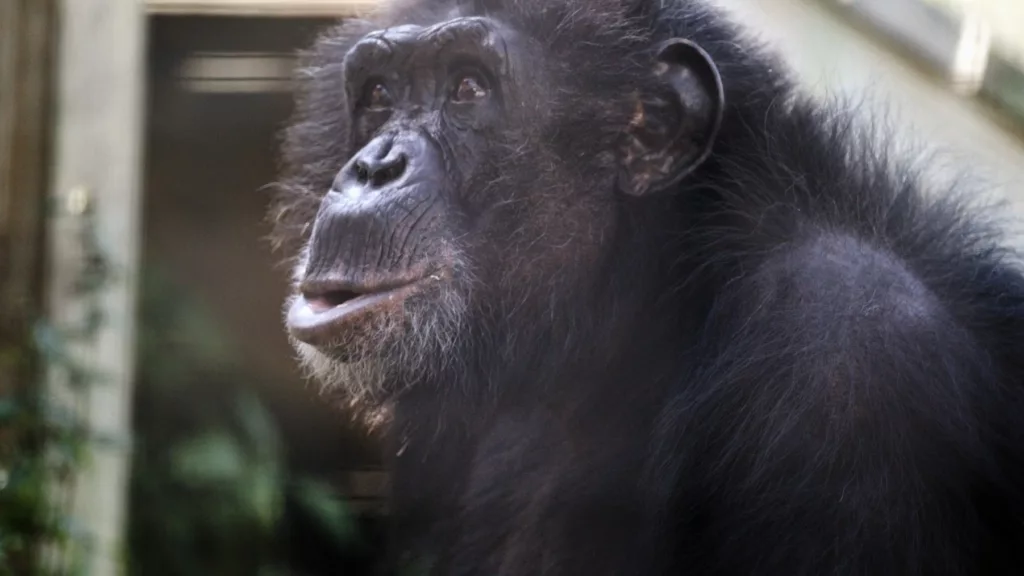
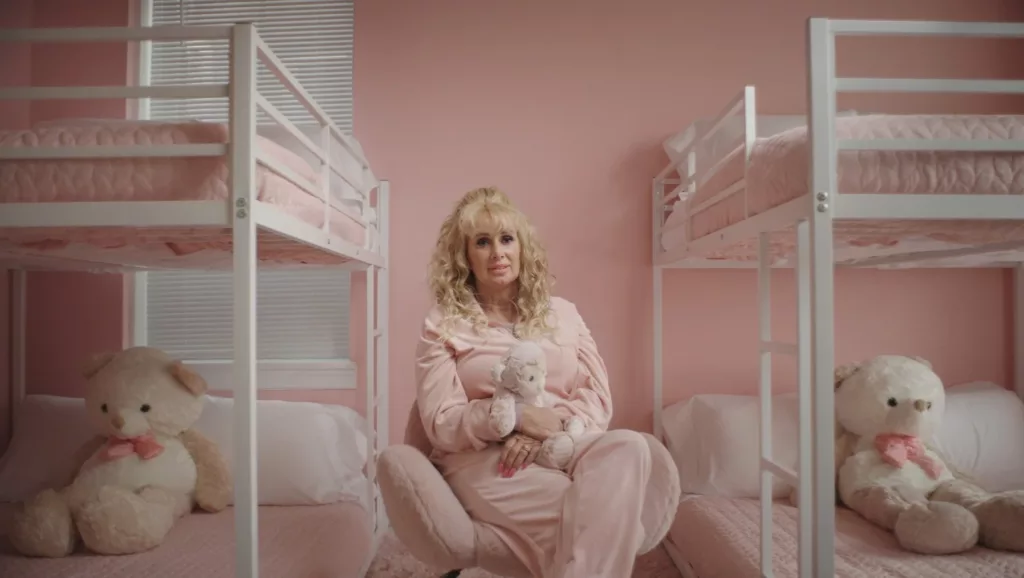








Discussion about this post